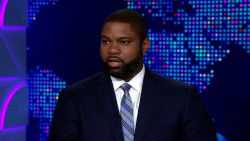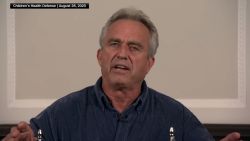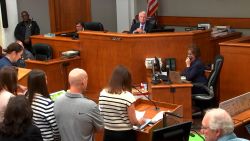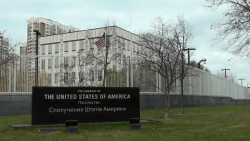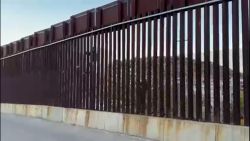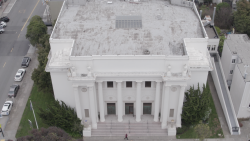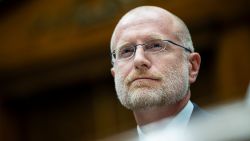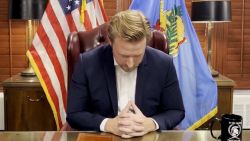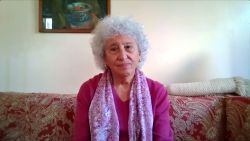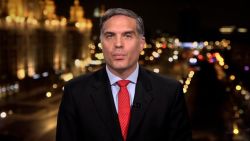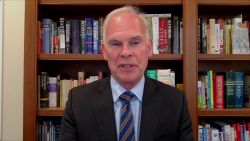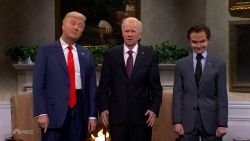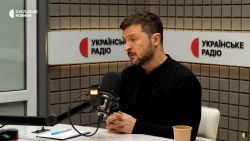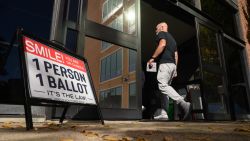The House Committee on Education and the Workforce’s hearing on campus antisemitism Thursday came with no shortage of fiery exchanges between lawmakers and the heads of Northwestern University, Rutgers University and the University of California, Los Angeles (UCLA).
But unlike two prior hearings, Thursday’s was the first to take place after a wave of pro-Palestinian encampments spread across campuses nationwide, disrupting learning and commencement ceremonies and ultimately causing many students to feel unsafe.
Here are some of the most important takeaways from the hearing that lasted several hours.
University heads can’t win
Northwestern President Michael Schill and Rutgers University President Dr. Jonathan Holloway negotiated with protesters rather than authorizing police to disband encampments, which UCLA Chancellor Gene Block ultimately did.
Both approaches received considerable rebuke from lawmakers on the Republican-led committee. Schill and Holloway were accused of being complicit with protesters, though some Democratic lawmakers found their approaches admirable.
“I for one am interested in hearing and learning about what successful negotiation and de-escalation looks like in the context of protecting students and free speech,” Rep. Pramila Jayapal, a Democrat from Washington state, said.
Meanwhile, Block was criticized by some lawmakers for not authorizing police to step in sooner. Block agreed more action should have been taken earlier, saying, “With the benefit of hindsight, we should have been prepared to immediately remove the encampment if and when the safety of our community was put at risk.”
A lot of investigations but limited consequences yet
In one of the hearing’s tensest exchanges, Republican Rep. Elise Stefanik slammed Schill for not taking any action against someone who allegedly told a Jewish student to “go back to Germany and get gassed.”
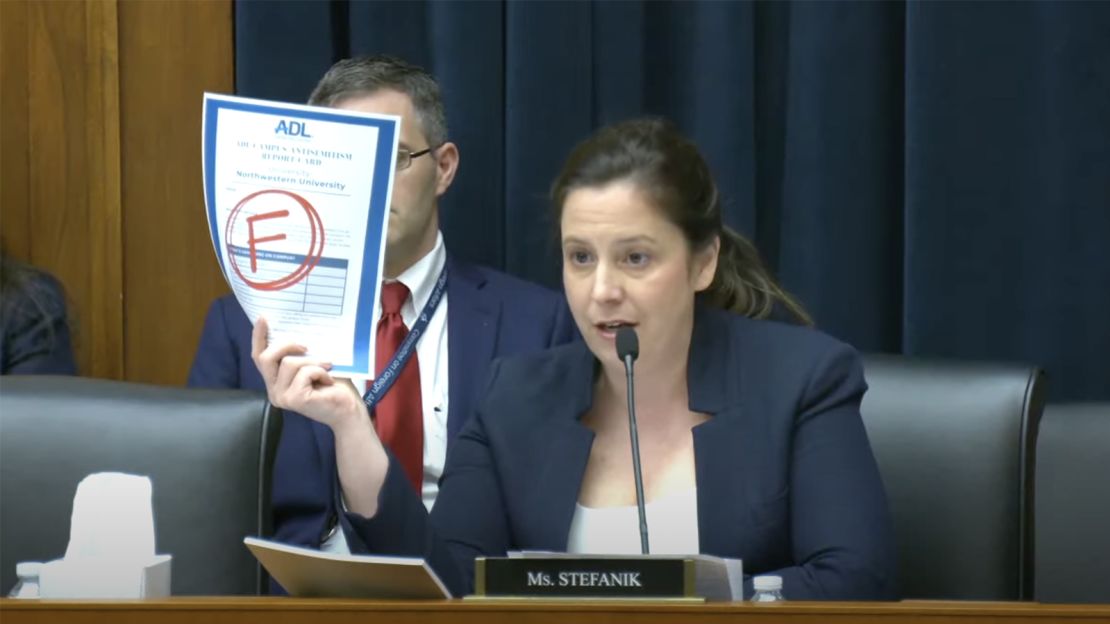
Schill said that he heard about that happening and “it is being investigated.” So far, no students who are being investigated for various alleged acts of antisemitism have been expelled or suspended, he said.
Rutgers’ Holloway and UCLA’s Block similarly said the universities have many active investigations underway. Holloway said his school has suspended four people and 19 others have received additional disciplinary actions.
A bounty of lawyerly responses
If you tuned in to Thursday’s hearing and thought the responses university heads gave were pre-rehearsed, it’s because they likely were.
The three university heads at the hearing had the advantage of learning from the prior campus hearings. All were especially keen on not repeating the mistake made by University of Pennsylvania President Liz Magill and other school presidents who did not explicitly say calls for the genocide of Jews violated their codes of conduct.
But the school leaders on Thursday still leaned into giving lawyerly responses, especially in tense lines of questioning to avoid being cornered into taking a stance on divisive issues.
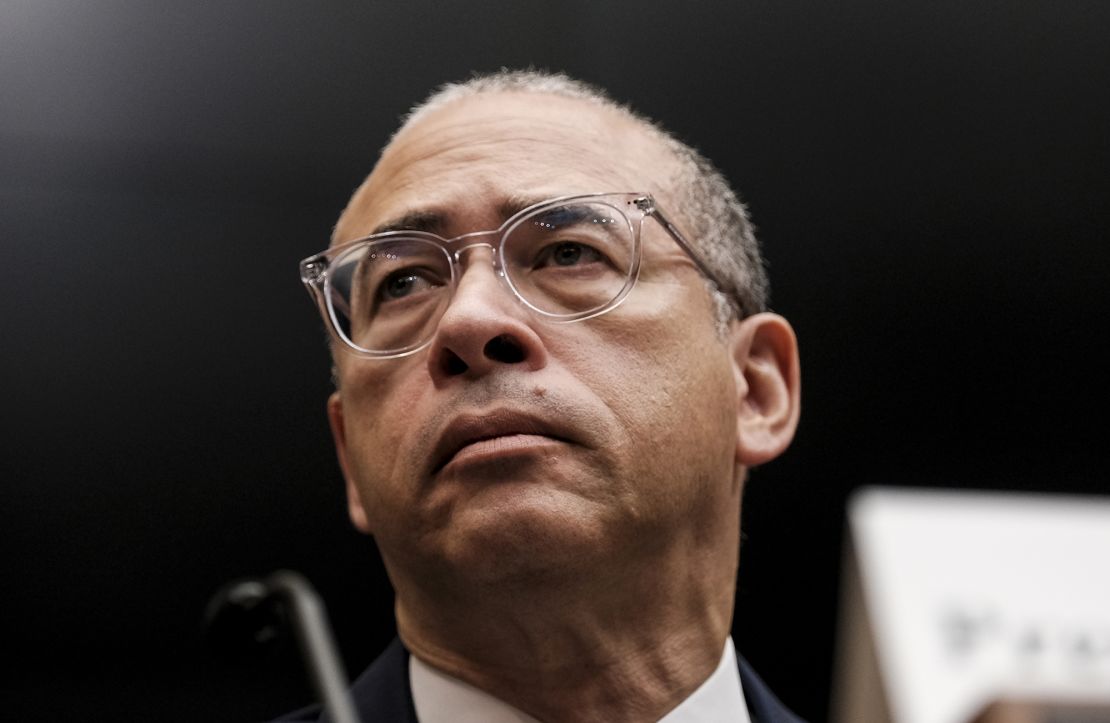
For instance, when Holloway was asked if he thought Israel’s government was genocidal he responded, “Sir, I don’t have an opinion on Israel’s — in terms of that phrase.”
Meanwhile, Schill said more than once that he would not comment on individual students or faculty members in the hearing.



